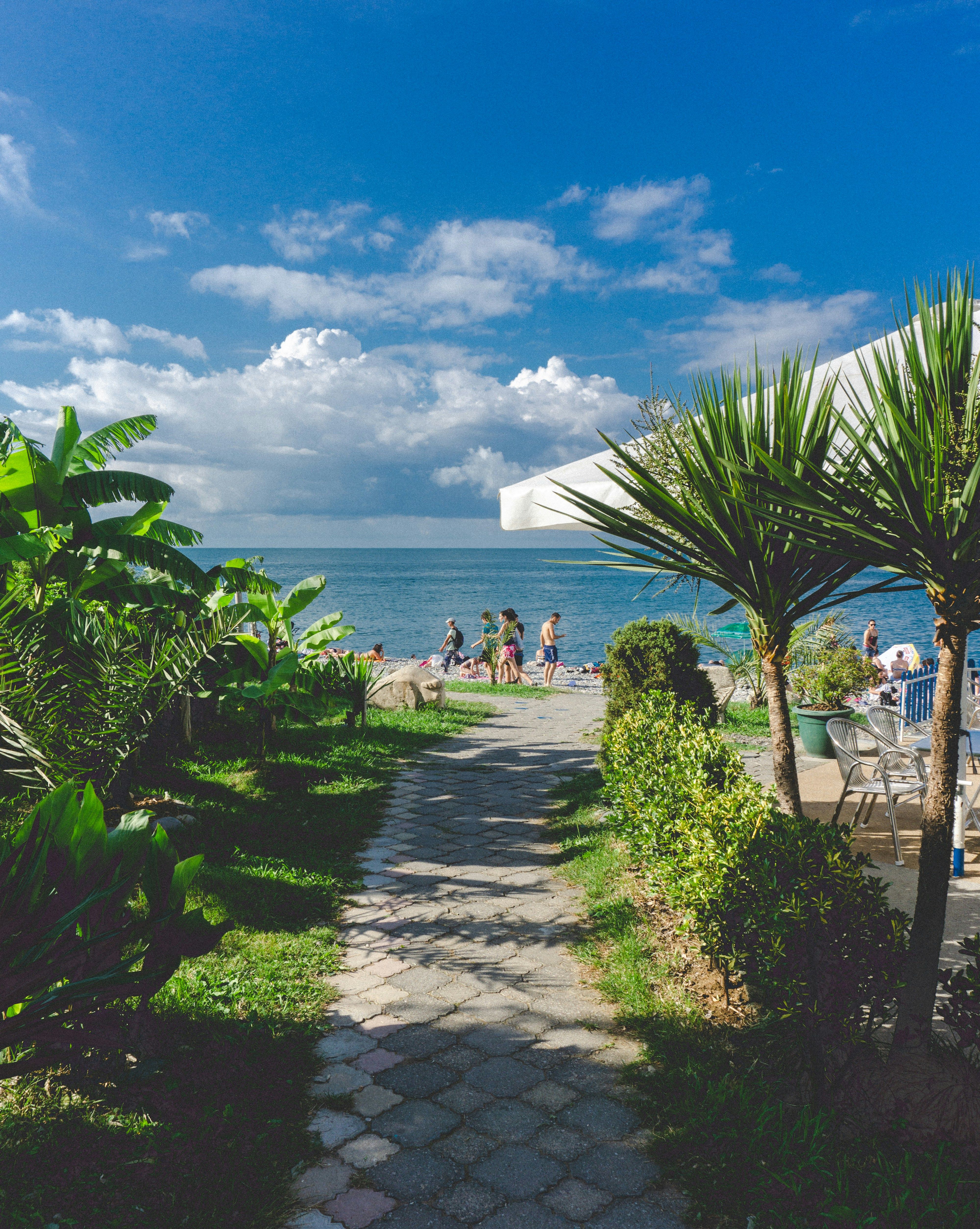Repurposed Electric Vehicle Batteries Transform ICE Plant Storage in Leipzig
German Rail Adopts Innovative Energy Storage System at Long-Distance Workshop
Deutsche Bahn (DB), the German rail operator, has instituted a groundbreaking battery storage system, in combination with a photovoltaic (PV) plant, at its ICE workshop in Leipzig. This marks the first implementation of such a system in DB's long-distance workshops.
The new energy-saving initiative consists of 30 used battery modules sourced from electric vehicles, totalling eight vehicles. These modules, having served for about five to seven years, showcased reduced capacity for further automotive use but still offer sufficient capacity for battery storage systems. DB's battery storage system aims to meet approximately 25% of the ICE workshop's electricity demands, leading to annual energy cost savings of around 85,000 euros at the Leipzig location.
During the project presentation on May 22, Katrin Habenschaden, Head of Sustainability and Environment at DB AG, emphasized, "German Rail aspires to be climate-neutral by 2040. Modernizing the energy supply of our ICE workshop in Leipzig demonstrates how we can effectively merge sustainability with economic efficiency. We store the electricity generated from the sun during daylight hours, which we subsequently use when the workshop's power requirements are high or the sun is not visible, optimizing the energy transition at DB while enhancing our financial viability within the S3 corporate restructuring program."
The PV plant, featuring a total capacity of roughly 291 kilowatt-peak (kWp), was installed on three separate parts of the workshop. The battery storage system interacts with the PV plant and continuously monitors the workshop's power demand. When energy demand rises, the storage system discharges, thereby lessening peak loads, the periods during which the workshop requires significant amounts of electricity and incurs substantial costs.
Peak loads occur, primarily, during cases when trains are powered via the public network for testing purposes instead of overhead lines, and during wheel set truing using the underfloor wheel set turning machine (URD) to eliminate unevenness or flat spots. If the battery storage system is fully charged and the PV plant generates more electricity than can be consumed, the excess energy is fed into the public power grid.
The Second Life battery storage system was developed by encore | DB, a DB-owned startup belonging to the DB Bahnbau Group. After their initial usage in electric vehicles, these battery modules undergo testing and reassembly for repurposing in battery storage systems. These systems can store energy generated from various renewable sources, such as sunlight, wind, or hydropower, and maintain a long lifespan depending on usage conditions. The battery storage system can be expanded in the future as the workshop's power demands increase.
Following the success in Leipzig, DB plans to install similar second-life battery storage solutions in other facilities, including the plant in Kassel, and is evaluating additional locations for these energy-efficient systems. German Rail aims to achieve climate neutrality by 2040, continuously enhancing its sustainability efforts through innovative energy solutions such as the one implemented at the ICE workshop in Leipzig.
- The renewable-energy industry is making strides in the transportation sector, as evidenced by Deutsche Bahn's adoption of a Second Life battery storage system at its ICE workshop in Leipzig.
- This innovative energy storage system, powered by a photovoltaic plant, is expected to meet approximately 25% of the ICE workshop's electricity demands, leading to significant annual savings of around 85,000 euros in energy costs.
- The finance department of Deutsche Bahn AG will benefit from this initiative, as the second-life battery storage system, developed by an in-house startup called encore | DB, offers an economically efficient solution within the S3 corporate restructuring program.
- With plans to install similar systems in other facilities, such as the plant in Kassel, and continuous evaluation of additional locations, German Rail is demonstrating its commitment to achieving climate neutrality by 2040 through the application of advanced technology in the renewable-energy industry.




